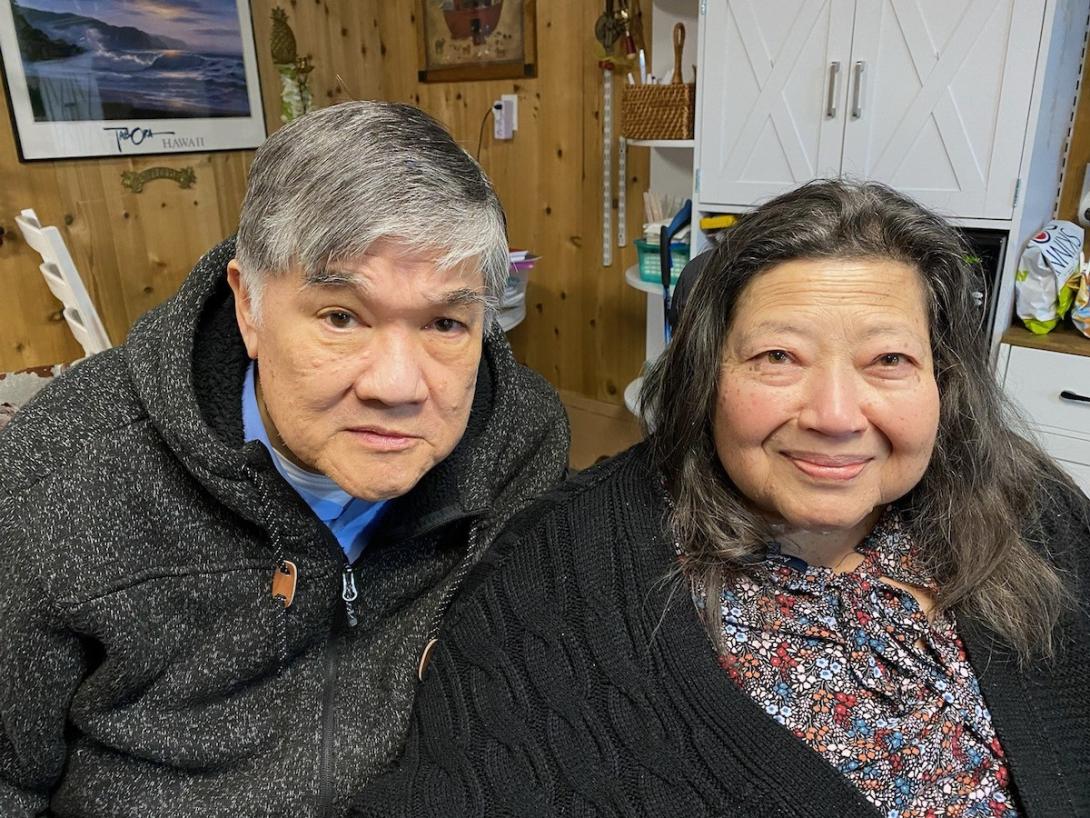
After sparking alarm when it announced plans to abruptly close its dialysis clinic in Tillamook on Feb. 23, U.S. Renal Care now tells The Lund Report the facility will stay open until its 11 remaining patients have been connected with other sources of life-saving treatment.
On Jan. 24, the company sent the Oregon Health Authority a brief notice of its intent to close the facility, causing patients there to say the decision amounted to a death sentence, considering the lack of other dialysis centers nearby. The patients’ complaints were first reported by KOIN. The company blamed low Medicare rates for the decision.
In response to an email asking if the company was complying with state requirements that such closures be accompanied by plans for orderly transfer of patients to other facilities or care, Executive Vice President Thomas L. Weinberg on Feb. 12 told The Lund Report that the facility won’t close on Feb. 23 if patients haven’t been connected with care.
“We are working to ensure every person in our care has a solution for their dialysis needs, and that their care transition is safe,” wrote Weinberg, who is also the company’s general counsel. “U.S. Renal Care Tillamook will not close operations until every patient has a plan and has started treatment through their new plan.”
The company’s dialysis facility is located at the Adventist Health Tillamook hospital. There are other dialysis centers along the coast, but they are all more than an hour’s drive from Tillamook.
Weinberg declined to detail the progress the company was making in connecting Tillamook patients to care, instead addressing the question generally.
“U.S. Renal Care is continuing to coordinate with every patient, their physicians and all dialysis providers in the region to identify treatment options,” he said. “Several patients have chosen to transition to home dialysis.”
Home dialysis requires significant training and can increase risks for end-stage-renal-disease patients, especially seniors.
But Weinberg noted that Renal Care is “ensuring they receive comprehensive training.”
The company’s latest position is news to her, Tillamook dialysis patient Anita Hanakahi told The Lund Report. “They say one thing, but I don’t have anything in writing,” Hanakahi said.
Sharon Shreve of Tillamook said she hasn’t heard anything about the clinic staying open longer than planned. She’s now having to take her 71-year-old husband Michael for dialysis in Forest Grove 52 miles away on the other side of Oregon’s Coast Range.
“You have to allow an hour and a half to get there on the best of days, and that’s without any traffic or construction,” Shreve said.
Shreve, 69, has to schedule her husband’s dialysis appointments six months in advance, she said, so she needs as much time as possible to arrange any alternatives.
Home dialysis poses challenges
Shreve and Hanakahi said they don’t want to receive dialysis treatment at home.
Performing dialysis at home would require her to keep at least one room and storage area clinically sterile, Shreve said.
“Plus, I’m not a nurse,” she said. “I don't want to poke my husband with 15-gauge needles. What happens if he pulls something out in the middle of the night and starts bleeding?”
Hanakahi, who has received dialysis treatment for the past nine years, said she doesn’t want home dialysis either.
“They want to push me into home dialysis,” she said. “Well, guess who profits from that? They do. Training someone to do home dialysis takes a while. They’re trying to put us all into places where we don’t want to go.
“We don’t have choices,” Hanakahi said.
Company looking at transportation
Representatives from U.S. Renal Care initially declined to respond to questions from The Lund Report, referring reporters to a formal statement issued by Regional Vice President Brian Loveridge.
In his Feb. 12 email, Weinberg insisted the company is working to minimize the consequences to patients.
Dialysis care in Tillamook poses numerous challenges, he said in his email. U.S. Renal Care’s clinic is short-staffed, he said. Patients may have to receive dialysis treatment in other communities, Weinberg said.
“We continue to study transportation options for those patients who need it, and we are coordinating with local transportation companies who can drive patients to and from their new dialysis center,” he said in his email.
Shreve said she was directed to DaVita Lincoln City Dialysis some 55 miles south of Tillamook. But the Lincoln City clinic has a waiting list
Shreve’s husband, Michael, has been on dialysis for almost four years. The couple were dairy farmers in Tillamook. He suffers from diabetes and had his lower right leg amputated below the knee as well as his left thumb at the first knuckle. He is also missing his left pinky and adjacent finger.
“He can't drive,” Shreve said. “He needs me to help him do everything with dialysis. I keep praying there’s going to be a solution. I just don’t know.”
Hanakahi noted that Weinberg only told The Lund Report the clinic would remain open after the announced closure was covered in the media, raising concerns about the consequences for patients.
Hanakahi said she and other patients will continue to fight for local dialysis care — in the courts if necessary.
“We’re not fighting this for ourselves,” she said. “We’re fighting this for the future. Is this going to set a precedent for small towns? I don’t know. We’re doing everything we can.”
